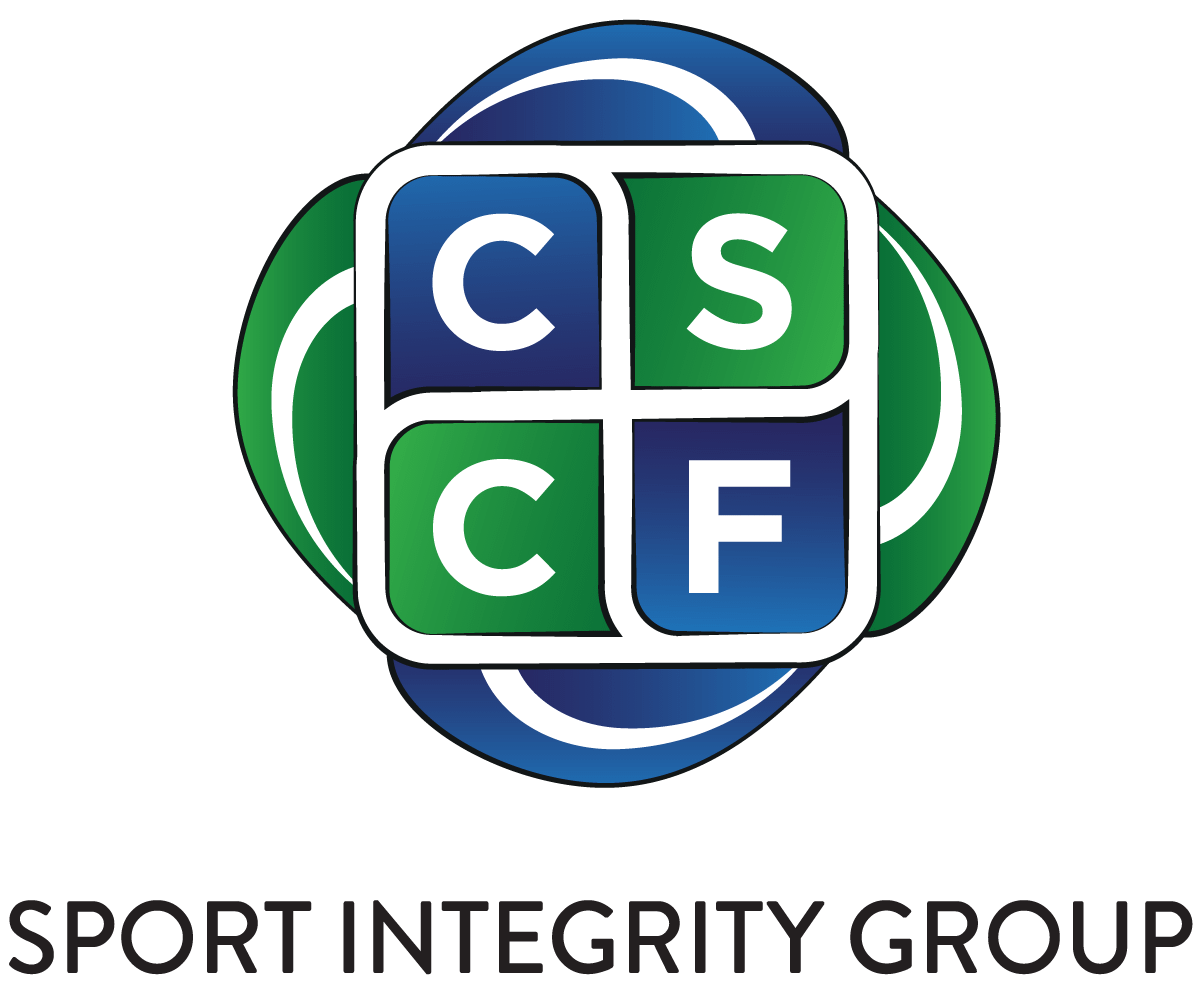Brussels, March 13, 2024 - Building upon the success of the Integriball Erasmus+ project, the CSCF Foundation for Sport Integrity proudly announces the rollout of Integriball 2.0. Today marks a significant milestone as partners of the project convene in Brussels to officially launch this highly anticipated initiative. This evolution reflects our ongoing dedication to delivering vital education and nurturing integrity among young and female football players.
The
kickoff meeting of Integriball 2.0 marked a pivotal moment as key partners of
the project came together to strategize and align their efforts. Discussions
ranged from outlining the project's overarching goals to delineating specific
action plans and timelines. Through open dialogue and shared vision, the
partners reaffirmed their commitment to the project's mission, setting a solid
foundation for future collaboration and impact.
About the project
This initiative aims to tackle crucial sports integrity issues, including the prevention of match-fixing, ensuring player safety through safeguarding measures, and promoting the significance of whistleblowing. Over the next two years, our objective is to enhance the educational resources available to federations and provide direct training to players in three countries: Estonia, Georgia, and Romania.
Partners of Integriball 2.0 include the coordinator and content expert CSCF Foundation for Sport Integrity, the country partners, Eesti Jalgpalli LIIT (EJL), The Georgian Football Federation (GFF), and Federatia Romana De Fotbal (FRF), the partner organizations Berkeley Global Society (BGS), and United Lotteries for Integrity in Sports (ULIS) and the supporting partner UEFA. This collaborative partnership fortifies the initiative, laying a strong foundation for its success.
Integriball 2.0 seeks to evaluate the level of knowledge on match-fixing, safeguarding, and whistleblowing protocols. Based on the assessment results, customized education programs will be developed and distributed in participating countries. The project's primary aim is to widely disseminate essential knowledge on countering sports manipulation, safeguarding practices, and whistleblowing mechanisms, ensuring accessibility for youth and female players alike. Through targeted education and empowerment initiatives, our goal is to foster a sporting environment that prioritizes integrity and inclusivity.
Since its inception, the program has made significant strides within football communities across eight countries: Belgium, Czech Republic, Cyprus, Greece, Malta and now Estonia, Georgia and Romania paving the way for a more secure, inclusive, and ethically-driven sports landscape.
“With
Integriball 2.0, we continue our efforts to promote integrity within football,
reaching out to young and female players with essential education on the
matter," stated Norbert Rubicsek, Director at CSCF. "We are dedicated
to making a difference and look forward to the advancements this initiative
will bring.”
About CSCF
The CSCF Foundation for Sport Integrity is an organization committed to enhancing integrity, transparency, and ethics in sports across the globe. We offer education, advice, and risk management support to sports organizations, law enforcement, governmental bodies, and the betting industry, addressing key ethical and integrity challenges.
As Integriball 2.0 coordinators and a premier content provider, we drive this unique initiative, committed to the cause of sports integrity.
About Integriball 2.0 partners
Eesti Jalgpalli LIIT (EJL): EJL, or the Estonian Football Association, is the governing body for football in Estonia. As a partner in Integriball 2.0, EJL represents the importance of integrity in sports governance at a national level. By ensuring fair play, transparency, and ethical conduct within Estonian football, EJL contributes to fostering integrity both on and off the field.
The Georgian Football Federation (GFF): GFF serves as the governing body for football in Georgia. Through its involvement in Integriball 2.0, GFF emphasizes the significance of integrity in sports development within the country. By promoting integrity in football administration, player conduct, and fan engagement, GFF plays a crucial role in upholding the values of fairness and honesty in Georgian football.
Federatia Romana De Fotbal (FRF): FRF, or the Romanian Football Federation, is responsible for overseeing football activities in Romania. As a partner in Integriball 2.0, FRF underscores the importance of integrity in football governance and competition. FRF's commitment to combating corruption, match-fixing, and other integrity-related issues within Romanian football highlights its dedication to preserving the sport's credibility and ethical standards.
Berkeley Global Society (BGS): BGS is an organization focused on global issues, including integrity in sports. As a partner in Integriball 2.0, BGS brings expertise in ethical leadership, anti-corruption measures, and transparency initiatives. By collaborating with football federations and other stakeholders, BGS contributes to advancing integrity principles and best practices in the sports industry worldwide.
United Lotteries for Integrity in Sports (ULIS): ULIS is dedicated to promoting integrity and fair play in sports through collaboration with lottery organizations. As a partner in Integriball 2.0, ULIS emphasizes the role of sports betting integrity in maintaining the credibility of football competitions. By implementing measures to prevent match manipulation and illegal betting activities, ULIS helps safeguard the integrity of football and protects the interests of fans, athletes, and stakeholders.
For further information about Integriball 2.0 and opportunities for involvement, please contact: Integriball2.admin@cscfsport.com
Disclaimer: The project is funded by the European Union. Views and opinions expressed are however those of the author(s) only and do not necessarily reflect those of the European Union or EACEA. Neither the European Union nor the granting authority can be held responsible for them.


